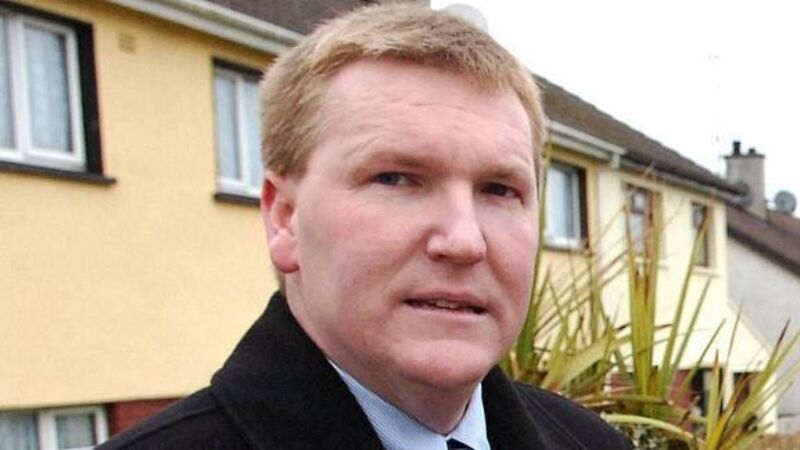Labour to support mortgage rates bill

The bill, being proposed by Fianna Fáil’s finance spokesman Michael McGrath, is designed to give the Central Bank new powers to reduce monthly repayments for many of the 300,000 households paying variable interest on their loans.
Last night, Labour’s Cork East TD Seán Sherlock said the party was supporting the proposed measure “in the spirit of the new dispensation that exists in Dáil Éireann”. He noted Labour believed the bill was worthy of “further discussion at committee stage”.













